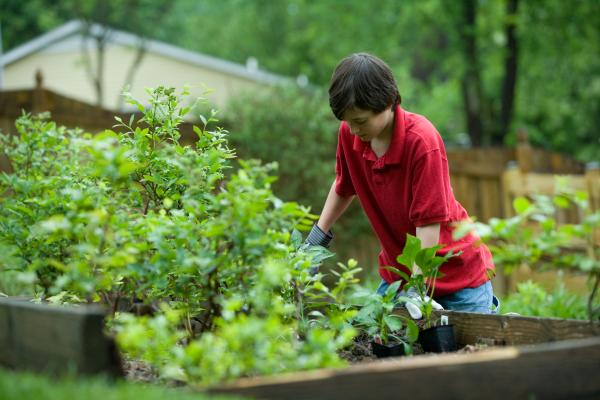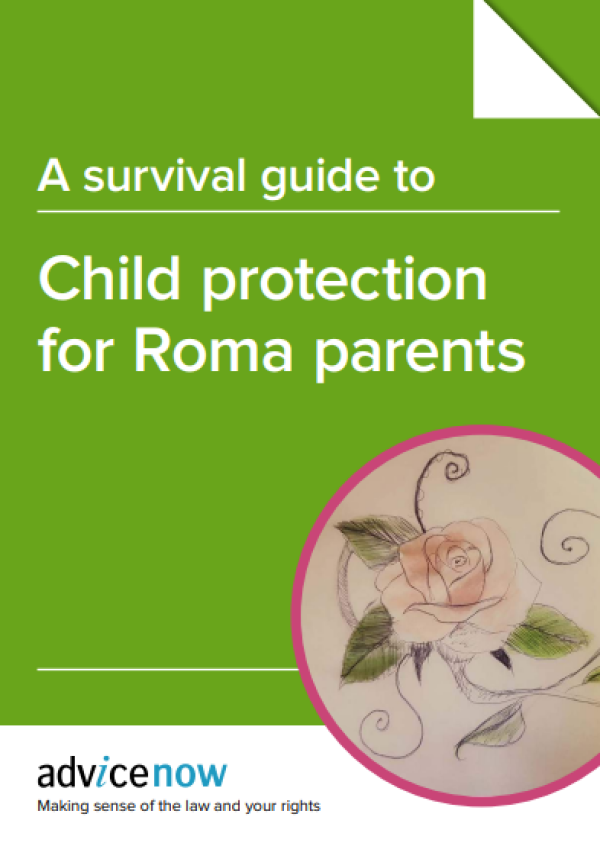
Social work is truly effective if the practitioners are able to visit children and families and make personal contact with them regularly. However, in the middle of the Covid-19 pandemic, the need of self-isolation and lockdown has created overwhelming and challenging situations for social workers.
First of all, self-isolation, social distancing, the increasing number of deaths due to the coronavirus and the feeling of constant uncertainty can cause severe tensions and anxieties in families. Unfortunately, in many cases these can be ‘excuses’ for perpetrators of abuse as well, and being locked in with an offender for weeks or months can increase the number of domestic violence incidents. Furthermore, victims are often afraid of asking for help and allowing social workers in their homes during the pandemic because they are too anxious about contracting Covid-19. So, it can lead to a more isolated situation for the victims.
Fortunately, digital technologies can offer solutions for many challenging situations, for example, practitioners are able to carry out virtual visits and keep in touch with children and families online. However, there are also many ethical and practical questions in connection with the use of digital technologies to support children and families.
These ethical issues must be considered among social workers, professionals and organizations to remain as effective as possible in their work. Therefore, the UK-based, Principal Children and Families Social Worker (PCFSW) network has developed a guide to stimulate ethical thinking.
Plus, to support social workers and authorities, PCFSW will publish a best practice guide for home visits as well, which ‘will include guidance for both physical and virtual visits’.
Besides the challenges of personal contact and regular visits during the Covid-19 pandemic, carers and practitioners should also pay attention to children’s mental health and well-being. Children should have the opportunity to talk and ask about the coronavirus and its impact, because it’s fundamental for them to cope with anxiety and fears. Additionally, social distance means that they are not able to meet and play with their peers personally and it can lead to increased time spent online. To some extent it can improve their psychological well-being, but at the same time, it leads to an increase in the number of online abuses as well. Therefore, online safeguarding has become more important than ever and will be a central issue of the PCFSW’s best practice guide.















